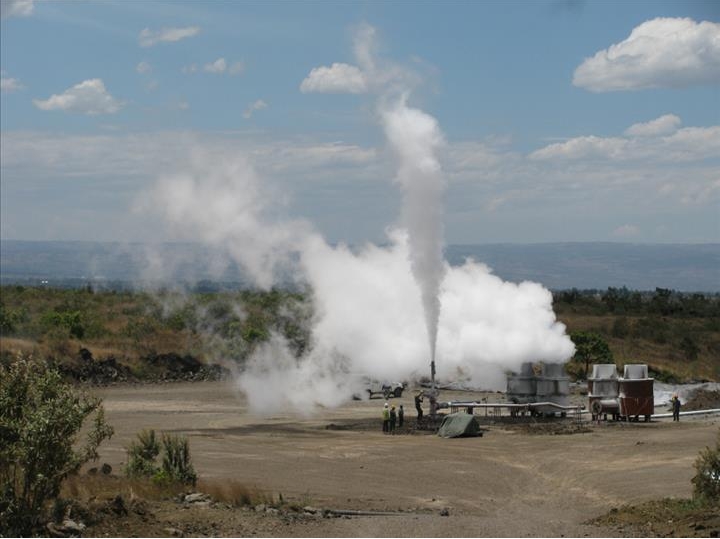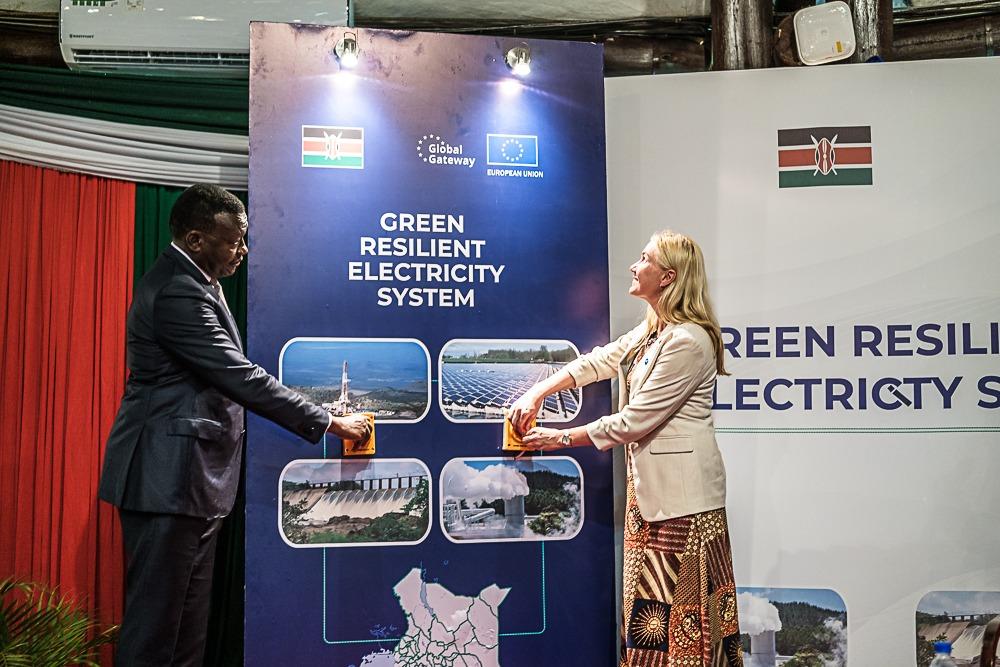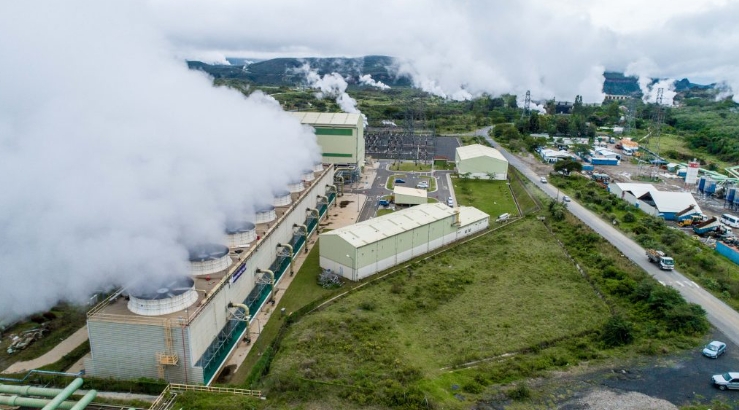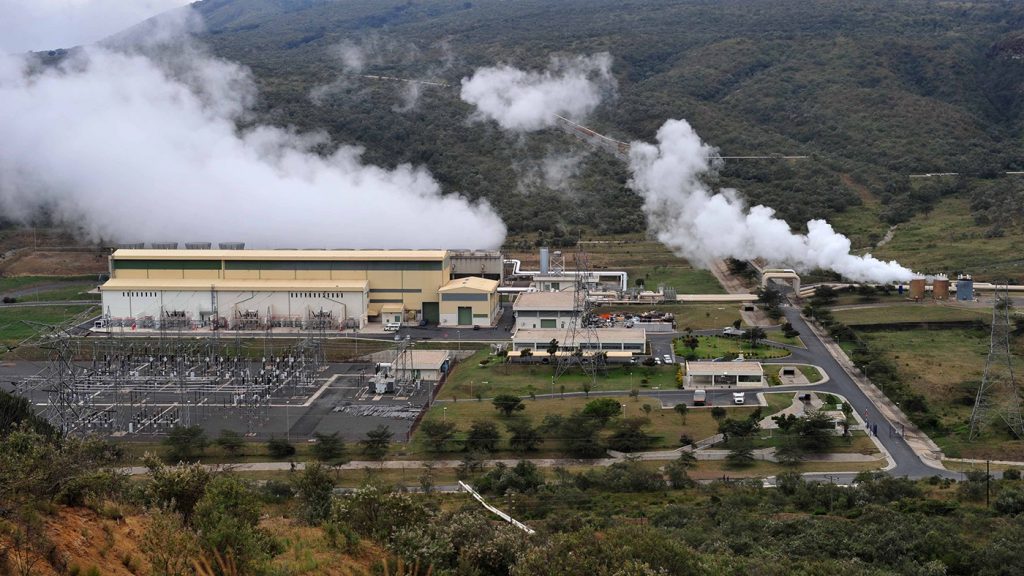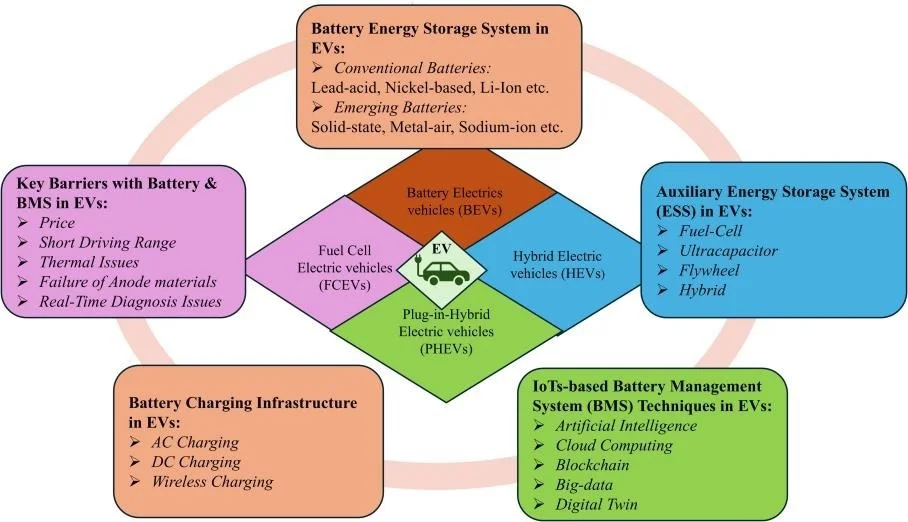
Flowchart. Image Credit: Energy Storage and Saving
As global cities grapple with pollution and the growing impacts of climate change, the need to transition away from fossil fuels has become more urgent. Electric vehicles (EVs) offer a promising solution for transforming transportation. However, they face ongoing challenges, such as batteries that overheat, limited energy density, and environmental concerns that hinder progress toward greener goals. These issues highlight the critical demand for innovative energy storage and management technologies.
The review provides a detailed overview of the current battery landscape, highlighting the limitations of conventional lithium-ion models. One of the most concerning issues is thermal runaway, a dangerous chain reaction caused by overheating. In response, researchers are advancing the development of solid-state and lithium-air batteries, which offer the potential for higher energy densities and improved safety.
Integrating AI-based systems enhances real-time monitoring and predictive maintenance, significantly increasing battery life and reliability. The research also critically evaluates wireless power transfer, a promising technology that faces considerable practical challenges. By combining these innovations, the study envisions a future where electric vehicles are smarter, safer, and more efficient.
The impact of this research extends well beyond the confines of the laboratory. If realized, these advancements have the potential to significantly increase driving ranges, reduce manufacturing costs, and address environmental challenges.
The integration of AI-driven battery management with wireless charging could revolutionize urban mobility, contributing to cleaner and more sustainable cities. With the growing demand for eco-friendly transportation, this study provides a vital roadmap toward a cleaner and smarter future.
Journal Reference:Waseem, M., G. et al. (2024) An Electric Vehicle Battery and Management Techniques: Comprehensive Review of Important Obstacles, New Advancements, and Recommendations. Energy Storage and Saving. doi.org/10.1016/j.enss.2024.09.002.
